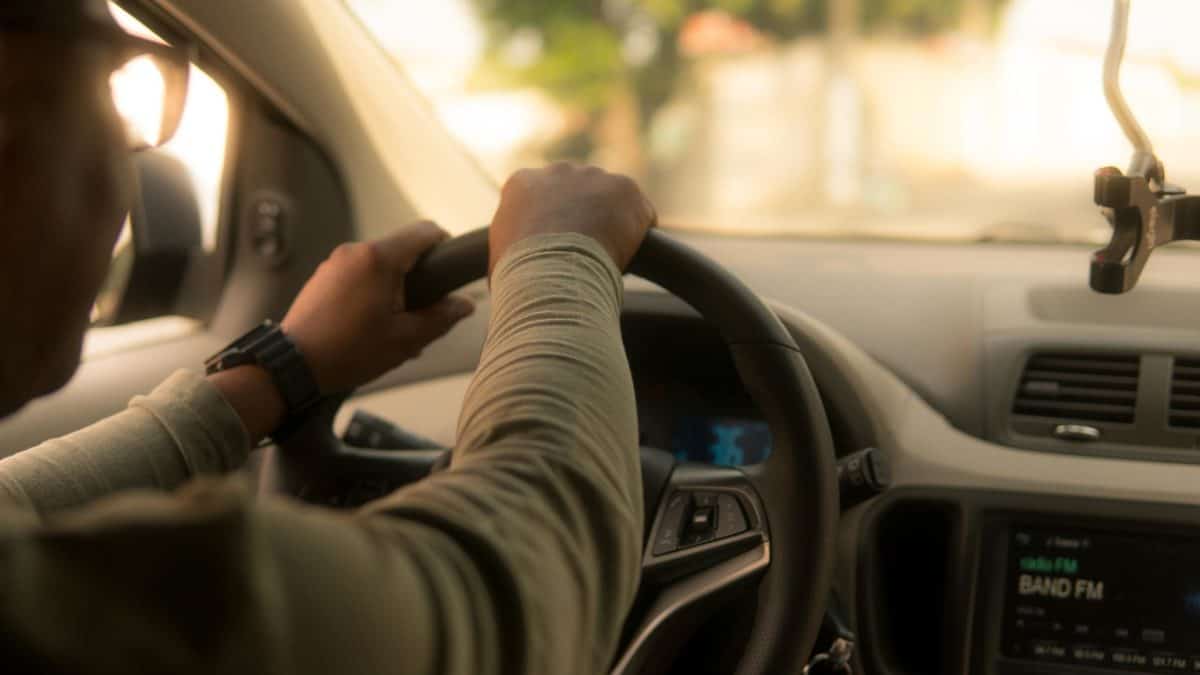- Up in Smoke: Exploring the Hidden Risks of Tobacco Use on Hearing Health - April 10, 2024
- Navigating Hearing Loss as a Millennial - March 13, 2024
- Understanding the Testing Process: What to Expect During a Hearing Evaluation - February 14, 2024
When it comes to safe driving, we all want to do what we can to ensure we get where we’re going safely. If you have trouble hearing and wear hearing aids to help you hear better, safe driving involves more than obeying traffic laws and reading road signs. You might need to change a few things about how you drive to ensure you and everyone else on the road stay safe and not get into an accident. Here are some suggestions for how to drive with hearing aids.
Don’t forget your eye health.
If you have trouble hearing and use hearing aids, you should make an extra effort to keep your other senses in good shape. If you have trouble hearing, you may rely more on your sight to keep you safe.
Make sure you see your optometrist regularly to make sure your prescription hasn’t changed and to check for signs of other vision problems like cataracts. Cataract surgery is a relatively simple procedure that can make all the difference between being able to see clearly or seeing everything as a blur.
Always wear your glasses when driving and sunglasses if the sun is bright. You might not be able to stop in time or see the car in your blind spot if you can’t see well. Don’t get behind the wheel unless you’re sure you can see well.
Keep an eye out for flashing lights because they might be easier to see than a siren. Watch how other drivers react. If everyone else on the road stops, you should do the same. Maybe they heard something you didn’t, so follow their lead and let your eyes compensate for what you missed.
Get rid of distractions
When you drive with hearing aids, try eliminating anything that could be a distraction. You want to be aware of what’s happening outside the car, so turn off the radio and keep the car quiet. If you’re driving with other people, tell them to save the story until you get to your destination and pay attention to driving safely. Once you’re off the road, you’ll have a lot of time to talk, and you can give them your full attention.
Don’t rush yourself.
Have you been feeling stiff or moving slower than usual lately? As we age, our reaction times slow, so that you may need an extra second or two. Keep more space between you and the car in front of you, so you don’t have to stop early every time you need to slow down.
Try not to go to busy places or drive during rush hour. Stay away from the busiest streets if you can find a less busy way. Learn to anticipate problems on the road and keep a close eye on what’s happening in front of you so you can react quickly.
If you have trouble looking over your shoulder, check your mirrors more often to get rid of your blind spot and know what’s happening behind you without turning your head so much.
Maintain your car
Even if you can’t hear well, you must keep your car in good shape. But if you have trouble hearing, you could miss something like a rattle under the hood or a warning beep from the dashboard. Visit your mechanic often and ensure your power brakes and steering are working well. Install larger mirrors so your eyes can help you fill in any gaps in your hearing.
Get your hearing tested regularly.
Even if you wear hearing aids, you should have your hearing checked regularly to make sure they are helping you hear. As you age, your hearing will change, and you may need to make some changes to your hearing aids to ensure you can still hear well.
At our clinic, we’ll help you find the right hearing aid to hear clearly in any setting, including the car. You can drive safely when you know you can hear everything around you. Call us today to set up a hearing test and make sure your hearing aids are keeping you safe.
![Audiology Consultants] of Panama City](https://audiology-consultants.com/wp-content/uploads/2018/04/Audiology-Consultants-of-Panama-City-1.png)

